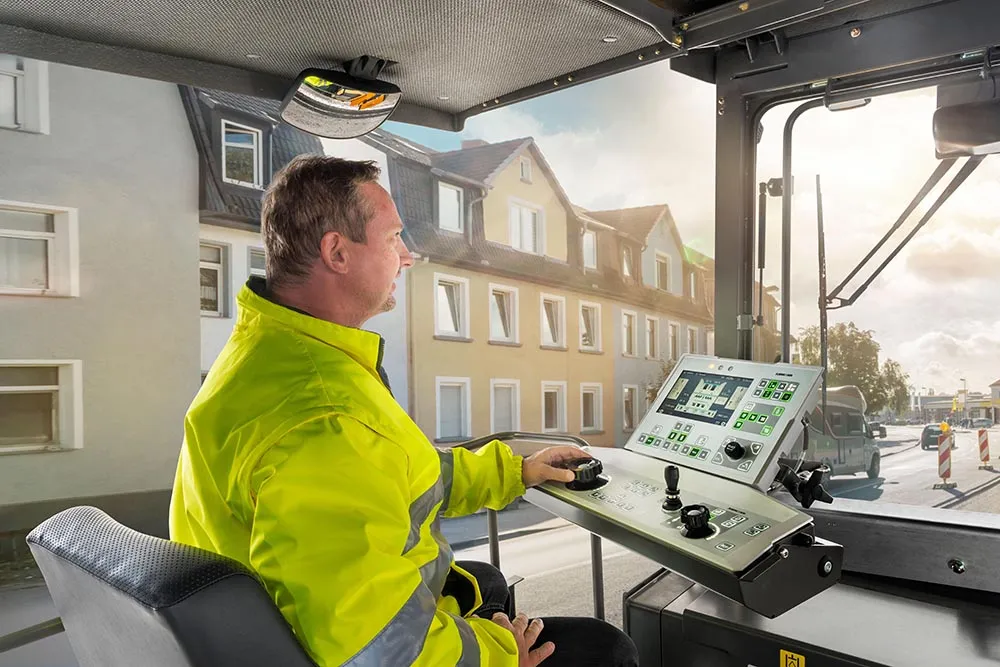An American vehicle enthusiast has constructed what he thinks is the answer for short trips to the supermarket. His specially-built shopping trolley (cart) is powered by a V8 engine displacing 5.8litres and is capable of burning rubber away from rest. Whether supermarkets will allow this petrol-fuelled trolley down the aisles seems unlikely. Fellow shoppers are also unlikely to want to follow in the wake of a vehicle belching exhaust fumes from its tailpipe. And in terms of size, this shopping trolley is so
December 13, 2012
Read time: 2 mins
An American vehicle enthusiast has constructed what he thinks is the answer for short trips to the supermarket. His specially-built shopping trolley (cart) is powered by a V8 engine displacing 5.8litres and is capable of burning rubber away from rest. Whether supermarkets will allow this petrol-fuelled trolley down the aisles seems unlikely. Fellow shoppers are also unlikely to want to follow in the wake of a vehicle belching exhaust fumes from its tailpipe. And in terms of size, this shopping trolley is somewhat larger than is usual, meaning it would need a special size of supermarket in any case.
Comfort levels are not comparable to more conventional vehicles either, so long journeys are out of the question. But clearly this vehicle does have a future, as the world’s fastest shopping trolley, even if it is too big and polluting to be actually used as one.
Comfort levels are not comparable to more conventional vehicles either, so long journeys are out of the question. But clearly this vehicle does have a future, as the world’s fastest shopping trolley, even if it is too big and polluting to be actually used as one.







